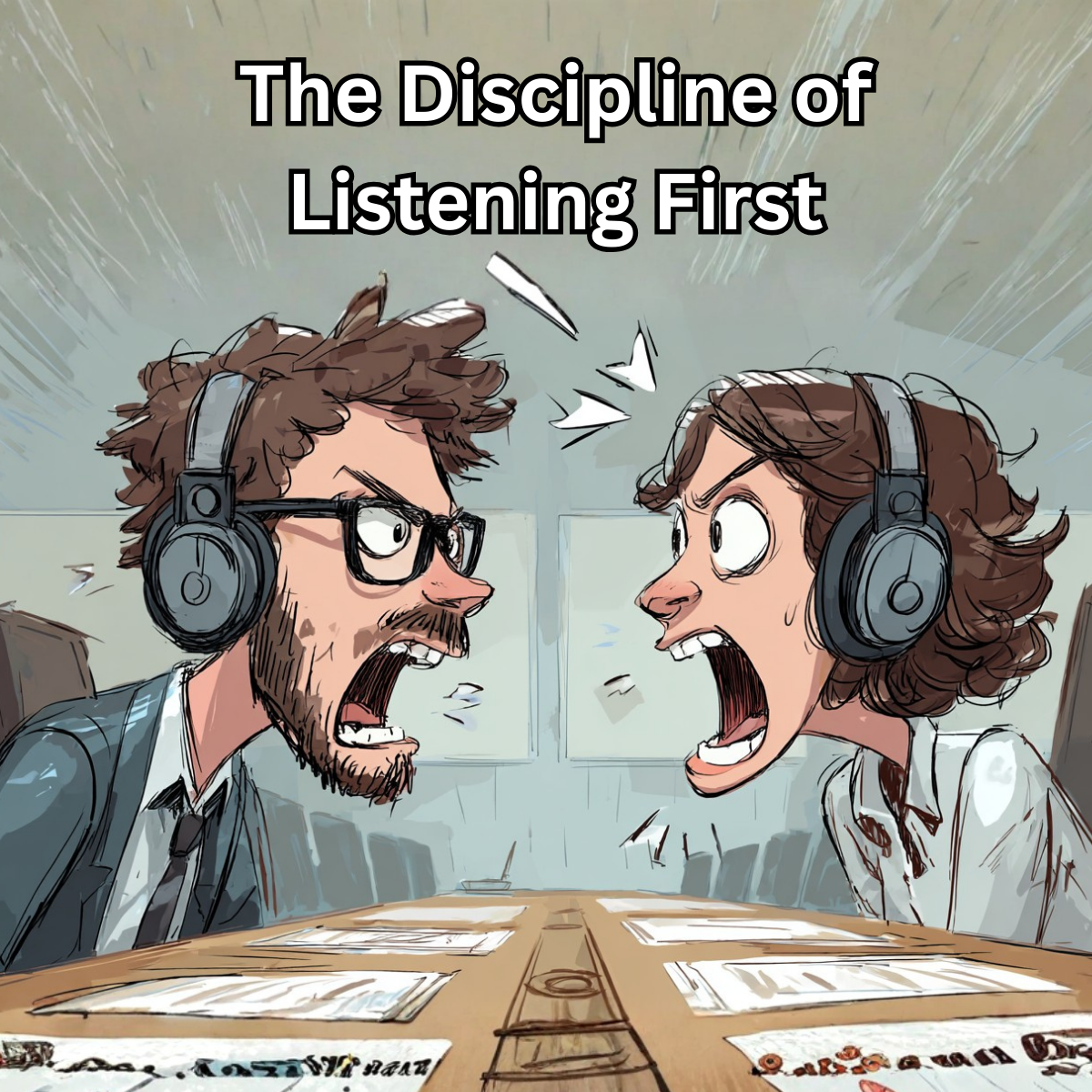Tough decisions. I was thinking this morning about tough decisions that we have to make in our life. We avoid them to our peril. Making tough decisions is at the root of our greatest success and our greatest failure.
August 6th 1945. One of, if not the hardest decision, a person has every made was decided upon by U.S. President Harry S. Truman. It went up until the last few moments, but ultimately, he decided to authorize the crew about the B29 bomber called the Enola Gay to drop a single Atom or “A” Bomb on Hiroshima, Japan. This would be the first of two bombs dropped on Japan, and the only and last two nuclear arms ever to be used in an armed conflict to date. Needless to say, the second bomb completely ended World War II rather abruptly. The first bomb was capable of delivering the same destructive force as 15,000 tons of dynamite.
As you can imagine, since that time, nuclear missiles and bombs proliferated. Mainly in the United States and Russia. Approximately 26K nuclear armaments are around today. However, only two have ever been used against other people. Hiroshima and Nagasaki. We should be grateful of that fact. The most modern nuclear bomb in the United States, I think it is like B83 or something like that can produce a blast that is equivalent to over 1,200,000 tons of dynamite. That is 1.2 Megatons. Perspective here. The modern nuclear warhead would produce a blast over 80 times as powerful as the devastating bomb that killed over 70,000 Japanese on that fateful August 6th 75 years ago today. I think some of the missiles the U.S have produced can even be more devastating than that. They have just kept production low, because once you can produce a devastating force of 1.2 Megatons, what difference would 15 or 20 Megatons really mean? Russia tested a bomb near the Artic Circle in 1961, known as the Tsar Bomba that was 50 Megatons. People could feel the shockwaves clear across the globe. Not once, but three times. It even shattered windows in Europe the shockwaves were so powerful. Rumor has it that Russia was in production of a 100 Megaton warhead at one point.
More perspective for you. I was playing around with nukemaps, a website that actually simulates this sort of thing. If you are familiar with New York City. The Hiroshima bomb size would completely wipe out the entire city from the Empire State building all the way past the Central Park Zoo. For a 100 Megaton bomb that blast radius would take out all of New York City, but also most the state. It would go as far as Trenton, New Jersey all the way to almost New Haven, Connecticut. This blog is not to scare you about nuclear blast radius, it is to think about tough decisions.
I am not making a moral judgement about Truman’s decision to drop a bomb on a city that would kill 70,000 people and maim many others for life. That was a horrible outcome, beyond all imagination. Many people do not know that only a few weeks earlier, the allied forces dropped normal bombs on Tokyo and fires broke out, which ended up rampaging the city and killing way in excess of 120,000 people. Truman had tried to get the Japanese Imperial leadership to agree to a peace settlement only days before. He was preparing to authorize an amphibious landing. That landing would make D-day look like a stroll in the park by comparison. He knew the potential devastating effects of the bomb. He knew the casualties would be high. He had to make one of the worse human cost calculations ever made.
You see he fought on the front lines in World War I. He was a member of the 129th Artillery Battery. That was a true slug fest. He was on one of the most bloodiest battles recorded in history. The U.S. lost almost 30,000 soldiers and over 120,000 brutally injured. From that and many other battles, you can see why Truman was getting tired of seeing people die senselessly. He hated losing so many people to war and raging conflict in the world. An admirable trait for sure, the Japanese military officers were resolute and firm in their commitment. However, their goal that they publicly stated was to inflict as many casualties as possible in an invasion attempt of Japan. He also knew that the arms race would only continue and this was the dawning of a new age in modern warfare.
I do not want to be the one to ever make a decision like that. However, he made the decision. The argument was that he saved more lives in the long run and perhaps that is true. However, I have met and talked with several people that lived or knew people that lived in Japan at the time. I think they would say otherwise. However, this decision had to be made, for good or bad. I guess we can continue to argue that for a long time to come. One thing that I can say for certain, I am really glad that everyone is scared to death to use them on other people ever since that fateful day.
Love him or hate him, Truman did not run from the decision. He ended the war with a devastating action that completely changed the course of human history. Makes me think about what decisions that I need to make but are avoiding?
Guy Reams



